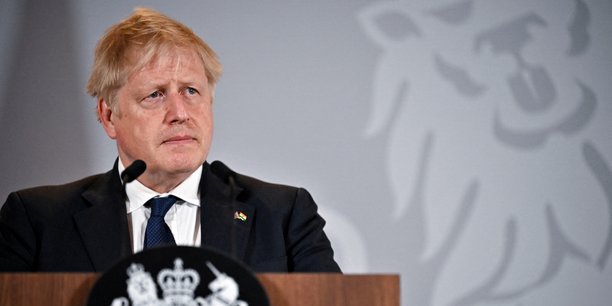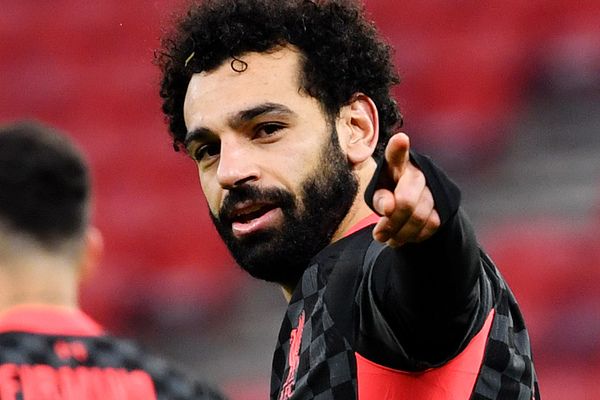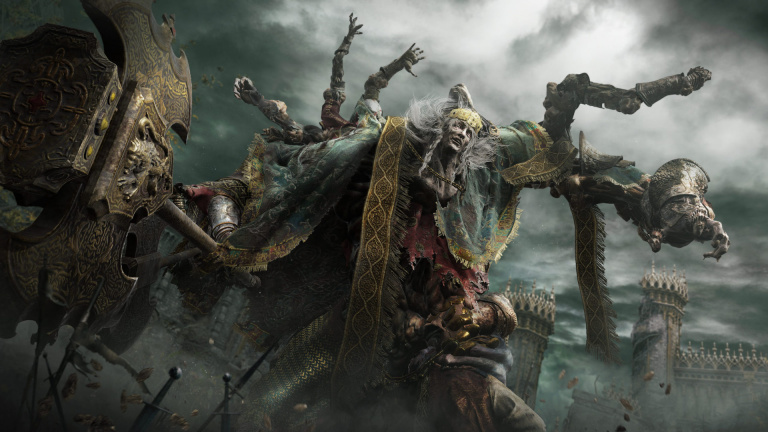For almost two months, the daily life of Ukraine has been interrupted by war. And this may just be the beginning. Indeed, British Prime Minister Boris Johnson described this Friday, April 22, as: “realistic” the possibility that the war in Ukraine will last until the end of 2023. Asked at a press conference in New Delhi about such a timetable mentioned by Western sources and the possible scenario of a Russian victory, the conservative leader replied: “It’s a realistic possibility, yes of course.”
“Putin has a huge army, (…) he made a catastrophic mistake and the only option he has now is to keep trying to use his terrible artillery-based approach to try to crush the Ukrainians,” Boris Johnson said at the end of a two-day visit to India to strengthen their bilateral cooperation.
The British Prime Minister, who paid tribute to the Ukrainian resistance, believes that a negotiation “realistic” aimed at ending the conflict “doesn’t seem likely at the moment”. He also announced the reopening ” next week “ of the British embassy in Kiev, which had moved to Lviv in February, shortly before the outbreak of the Russian invasion of Ukraine.
The economy facing the effects of the war
The war in Ukraine poses serious economic challenges to European countries, especially in terms of their energy security. In its regional report, released Friday, April 22, the International Monetary Fund (IMF) recommends countries prepare now for the next winter season by diversifying their gas supplies, replenishing gas supplies and developing alternative energy sources.
“Some countries have already started implementing energy security measures, including seeking alternative suppliers (Bulgaria, Germany, Italy) and delaying the exit of nuclear power plants and coal-fired power generation (Belgium, Italy)”, notes the IMF. But he calls “intensify” measures aimed at developing renewable energy sources and improving energy efficiency as part of the green energy transition.
However, IMF economists recognize that curbing Russian gas imports is causing headaches with a risk of: “serious impact on business in the second half of 2022 and the first half of 2023” because Europe is likely to find alternative solutions that offset only 60 to 70% of Russian imports.
Earlier this week, the World Bank cut its global growth forecast for this year by nearly a full percentage point from 4.1% to 3.2%, due to the projected impact of Russia’s invasion of Ukraine. The chairman, David Malpass, clarified that this decline is largely due to the prospect of a 4.1% contraction in economic activity in the Europe and Central Asia region, which includes Ukraine, Russia and neighboring countries.
†
ZOOM: WESTS STRENGTHENING THEIR MILITARY AID TO UKRAINE
Several NATO countries have already given the green light for heavy weapons deliveries, such as the United States, Great Britain, the Czech Republic, the Netherlands and Slovakia. On Thursday 21 April, German Defense Minister Christine Lambrecht indicated that Ukraine would receive “in the coming days” heavy weapons, including battle tanks, from Eastern European countries. Germany has promised to reimburse its equipment, while several NATO countries have given the green light for the delivery of heavy weapons.
The United States, for its part, announced new military aid of $800 million in favor of the Ukrainian army. The Pentagon said this new tranche of aid to Ukraine included 72 Howitzer howitzers and their vehicles, 144,000 grenades and 121 Phoenix Ghost assassin drones.
This Friday, April 22, Boris Johnson said he was considering offering compensation for Soviet-designed tanks that Poland could supply to Ukraine to counter the Russian invasion. “We are considering sending tanks to Poland to help them send some of their T72s to Ukraine,” he indicated.
(with AFP)




